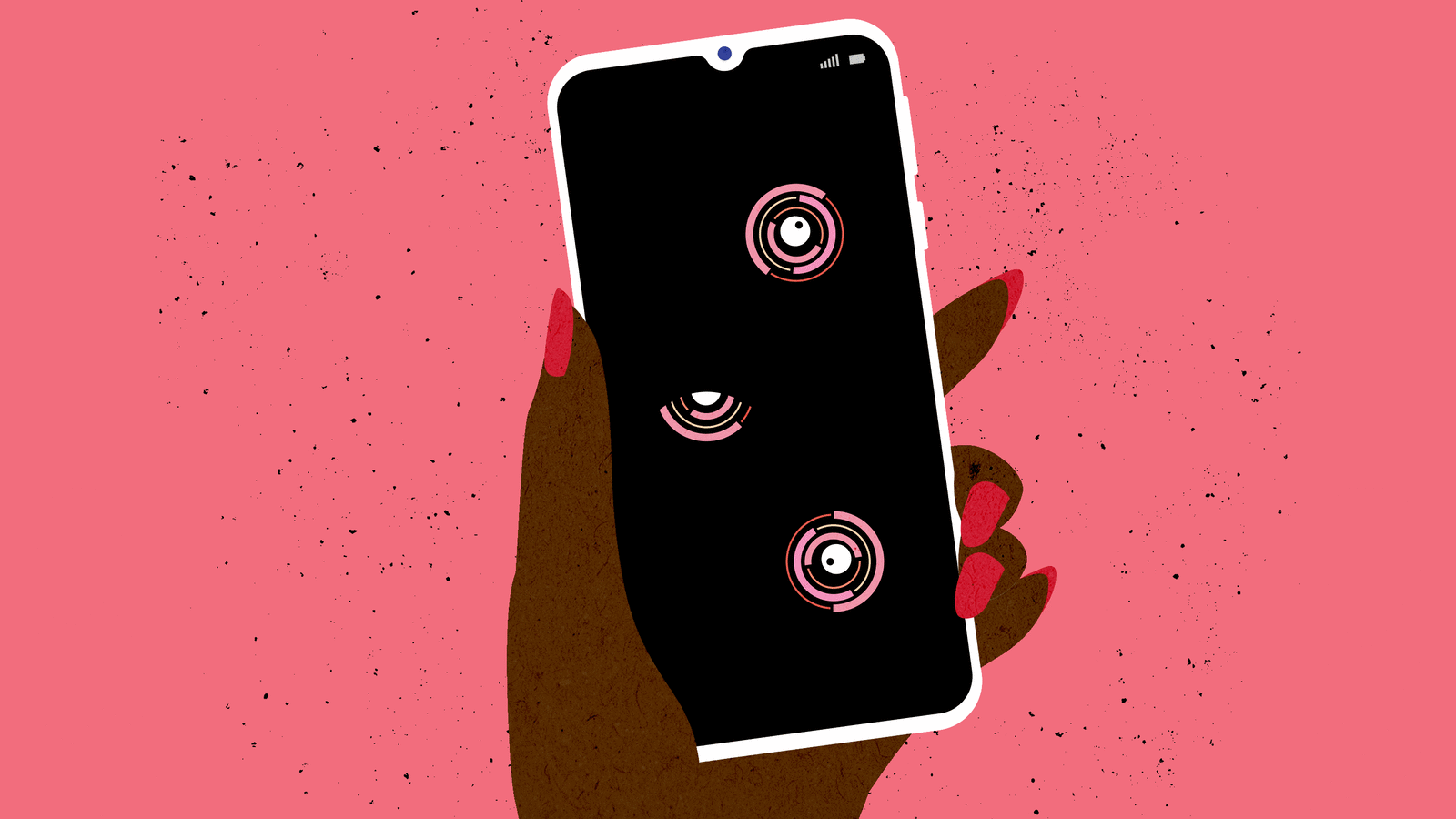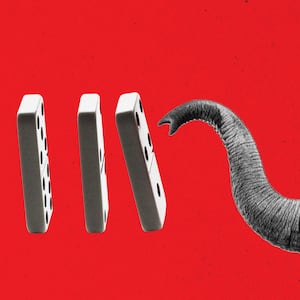Roe v. Wade could be overturned by the conservative-majority Supreme Court as early as next month. The federally guaranteed right to abortion would be no more, sending the issue back to the states, where 26 states have already indicated abortion access will be severely curtailed—or banned outright.
Abortion bans have a wide range of negative consequences for pregnant people and their families, and those consequences will be born disproportionately by historically marginalized communities, communities of color, and those struggling to make ends meet. But in some states, a ban on abortion is simply the beginning.
Abortion bans—like those already passed in Texas, Idaho, and Oklahoma—have empowered regular citizens to act as bounty hunters—suing for personal gain if they suspect their patients, neighbors or friends of supporting someone to end a pregnancy outside of the draconian confines of the law. Missouri wants to pass a law allowing private citizens to sue anyone who helps a state resident have an abortion—even if the abortion happens in another state.
FemTech—such as apps that track periods—can now be weaponized by the state.
In places where abortion is criminalized, what might seem like harmless data about your reproductive health—search histories, location data, data from period tracking apps—could be used as the basis for prosecution in a post-Roe future.
Far from being alarmist or dystopian, these fears about digital (and other) surveillance are already too real in communities that are over-policed, and for pregnant people themselves. As bizarre as it is, our digital footprint and our bodily autonomy are now intertwined.
There are numerous examples of data firms selling information related to abortion clinic visits, anti-abortion activists have used location data to send targeted ads to people physically at abortion clinics, and search engines and rideshare companies alike can and have been subpoenaed.
In one notable case, Latice Fisher—a Black mother of three—was charged with second-degree murder after her phone was searched, revealing she had looked up information about medication abortion. Her case is one of many, and sadly will not be the last.
My colleagues and I anticipated the nature of this risk, which is why we helped create Euki, an app designed to protect people’s privacy and digital security when it comes to reproductive health AND abortion.
Four years ago, we worked alongside abortion activists in Indonesia to design a smartphone app that would provide evidence-based information and support to Indonesians seeking to self-manage abortions with safe, WHO-recommended abortion medications.
Soon after, we began hearing from people in the United States that the existing FemTech apps on the market did not meet the needs of users. That’s why I led a team of researchers at Ibis Reproductive Health to conduct a study aimed at exploring what people in the U.S. might want from a better sexual and reproductive health smartphone app. We conducted rigorous qualitative research, partnering with colleague organizations and people of reproductive age across the country.
What we learned was that people were in search of an app that could provide accurate information about all types of sexual and reproductive health experiences. They wanted to track their own health without predictive programming about their cycles—without assumptions about who they were or what kind of sex they were having.
Most importantly, the people we spoke to wanted an app that prioritized their privacy and digital security—they didn’t want to have to share their information with a tech company or data firm just to be able to track their own health. Among the concerns raised by participants were the dangers of random observers, abusive partners, and parents or guardians being able to see private content on their phone.
Partnering with the formidable Netherlands-based organization, Women Help Women, Euki became a well-functioning app for anyone with questions about sex or reproductive health.
But it’s not just about abortion. People want accurate, comprehensive, unbiased information about sexual and reproductive health, which Euki provides, along with information on issues like miscarriage, pregnancy, STIs, and contraception.
And critically, Euki takes people’s privacy and security needs seriously.
The app does not collect or store any back-end data in the cloud, so whatever information a user shares is stored only on the user’s phone—and not with anyone else, anywhere. Euki does not rely on fingerprint or facial recognition technology to protect the app, but instead on a PIN that only the user knows (there is no PIN recovery system, so users’ data cannot be hacked). If someone were to force a user to open the app, an emergency code can be entered which displays a fake screen with no access to the content of the app.
Importantly, because Euki contains evidence-based information about abortion (among other topics), users do not have to be concerned about search histories being stored. And if a user links to a website through the app, they automatically view that website in incognito mode—which means their browser history is also protected.
Finally, Euki has automated data deletion features, so if users want the app to delete everything they've ever put in it, it does that too.
As we look to understand the consequences of a post-Roe reality in the U.S., it is clear from our past and present that the digital security of those who seek abortions in states where it is no longer legal are in grave danger.
Until governments stop abdicating their responsibility to provide access to confidential, supportive health care for all people, these unnecessary legal risks remain a concern for many. I find some solace in the fact that with Euki, people can access reliable information about all of their sexual and reproductive health needs, including abortion, without putting themselves at risk.








